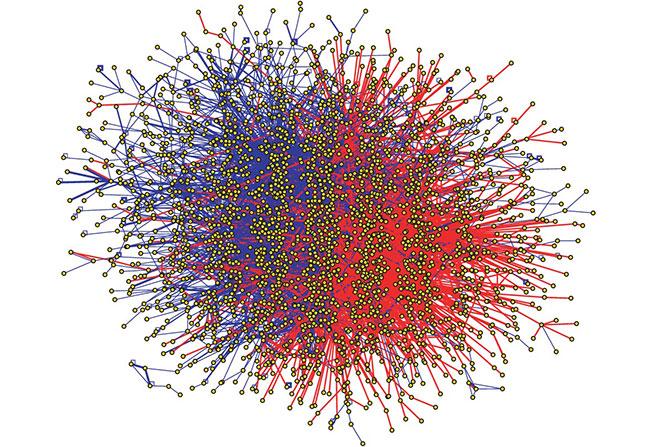Systems Biology

Understanding how the interactions of molecular and cellular components give rise to emergent behaviors of complex biological systems (cells, tissues, organs) is necessary for the design of effective cancer therapeutics. Members of our department use computational and mathematical modeling to generate testable hypotheses followed by experimental validation in an iterative manner to discover biological processes that when perturbed lead to cancer.
- The Bernstein Lab pursues a systems-level, molecular understanding of chromatin structure and the epigenetic regulation of cellular state, and how these systems go awry in disease.
- The Vidal Lab uses genetics and computational biology to map the genetic and protein networks that control cell behavior. The lab applies this information in a predictive manner to identify new pathways for therapeutic intervention.
Learn more about the Center for Cancer Systems Biology. - The Beroukhim Lab develops and applies genomic analysis methods to understand how tumors develop and evolve through therapy, and to identify vulnerabilities that can be exploited by new treatments.